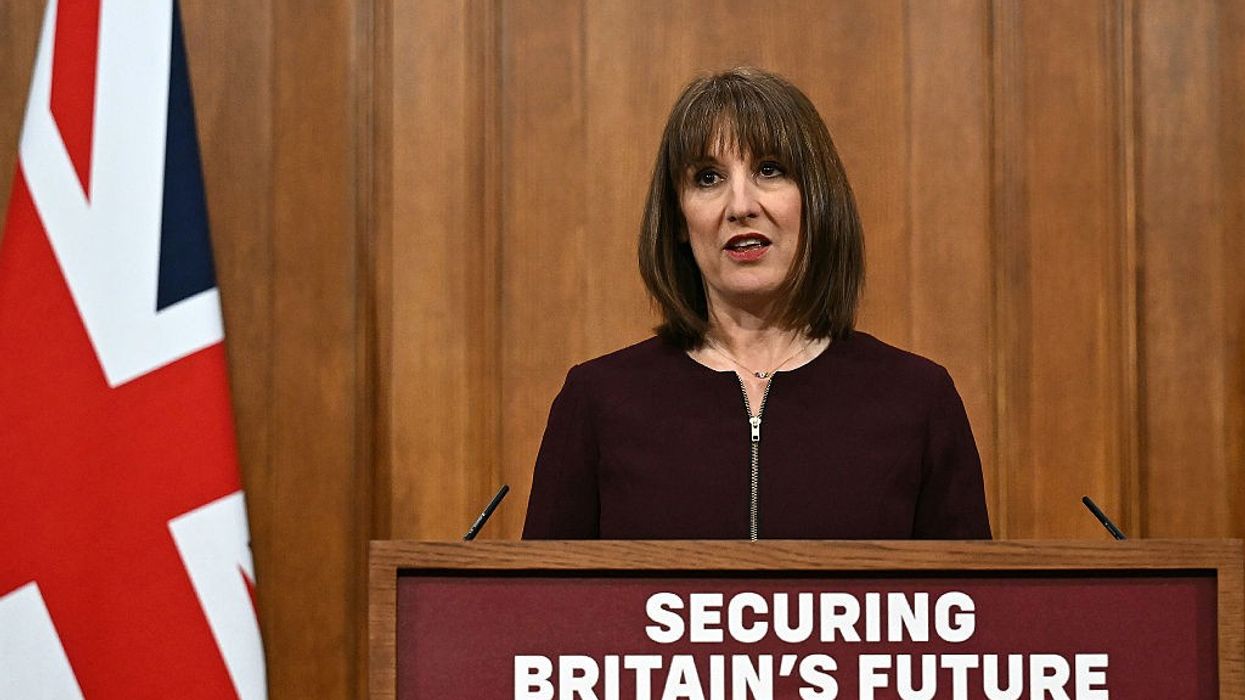BRITAINs economy returned to growth with a strong expansion of 0.5 per cent in February, official data showed on Friday (11), beating economists' expectations and showing it was on a slightly firmer footing as it braces for the impact of US tariffs.
The monthly gross domestic product growth was the strongest since March 2024 and beat all forecasts in a Reuters poll of 30 economists, which had pointed to a 0.1 per cent rise. Previous January data showing a small contraction was revised up to show zero growth.
Compared with a year earlier, GDP was 1.4 per cent higher, also beating expectations.
Chancellor Rachel Reeves called the data "encouraging" but there was little reaction in sterling to the surprise growth. Markets are far more focused on US president Donald Trump's tariffs which BoE deputy governor Sarah Breeden warned on Thursday (10) would have a "chilling effect" on output.
"February's figures have been pushed firmly into the background by the financial market bedlam caused by Trump's tariff announcements," said Suren Thiru, economics director at the ICAEW accountancy body.
In March, government budget forecasters halved their 2025 forecast for Britain's economic growth to one per cent, which would follow a lacklustre 1.1 per cent last year. The forecasters saw a stronger performance of 1.9 per cent in 2026.
However, these forecasts have been thrown into doubt by Trump's announcement last week of sweeping tariffs on US imports. The tariffs raise the cost of most British exports to the US by at least 10 per cent.
"UK GDP growing above expectations in February provides some hope that the economy may have seen a solid expansion over the first quarter, following a soft patch in the second half of last year. However, underlying momentum in the private sector remains feeble," said Martin Sartorius, principal economist at the Confederation of British Industry.
Even before the tariff announcement, Britain and other European economies had slowed due to worries about US trade policy. British businesses also said they were reining in hiring and investment plans due to a big rise in employment taxes and the minimum wage that took effect this month.
However, there had been some signs that weak consumer spending had been starting to pick up as wage growth continued to outstrip inflation and retail sales beat economists' expectations in February.
Services output grew a moderate 0.3 per cent in February after a 0.1 per cent rise in January, Friday's data showed, while manufacturing output leapt by 2.2 per cent on the month, which the ONS said reflected a pickup in electronics, pharmaceuticals and car manufacturing.
(Reuters)





